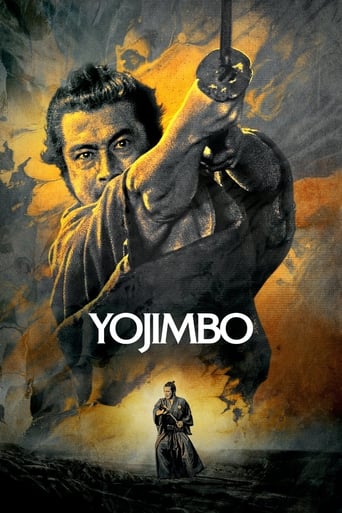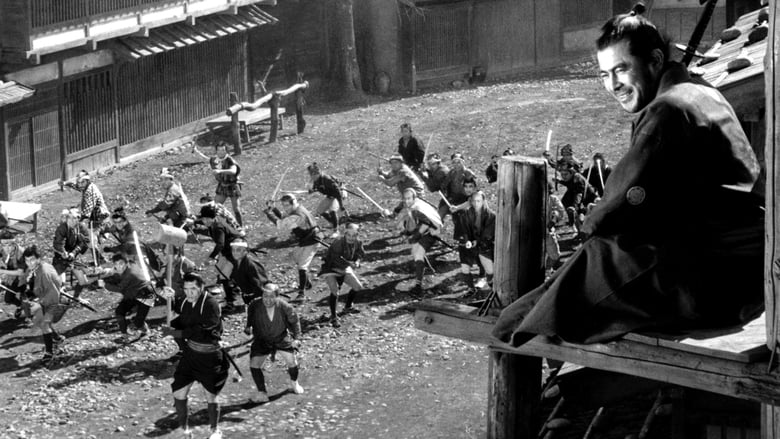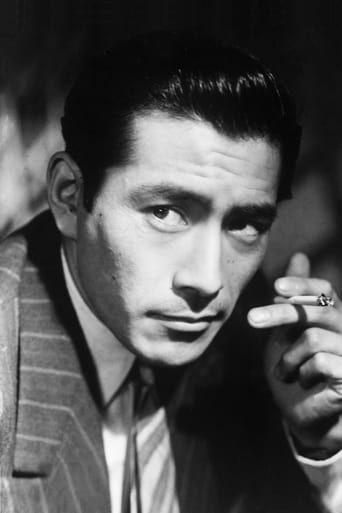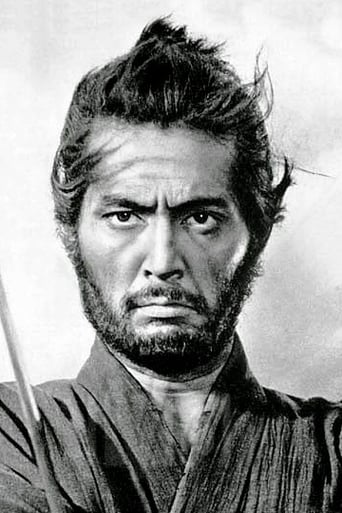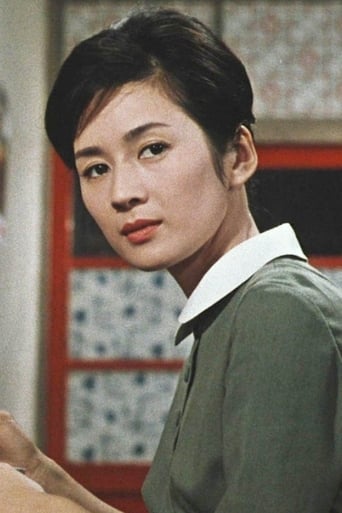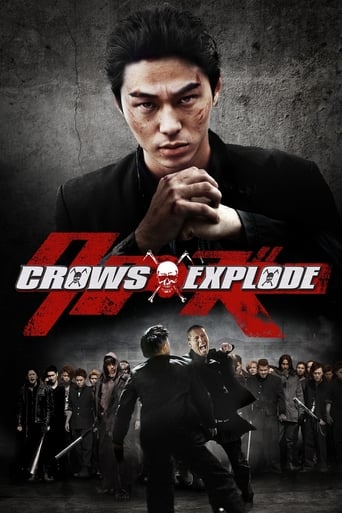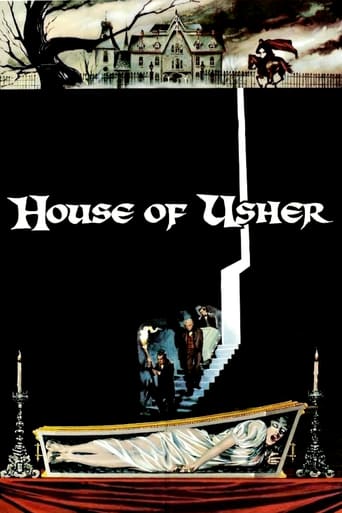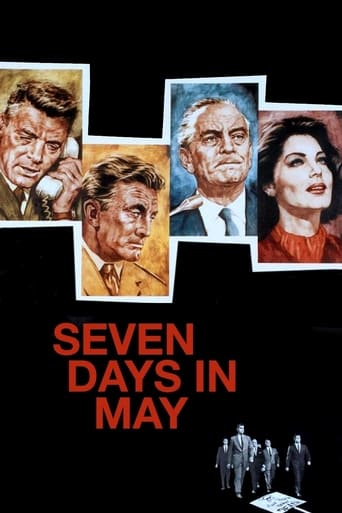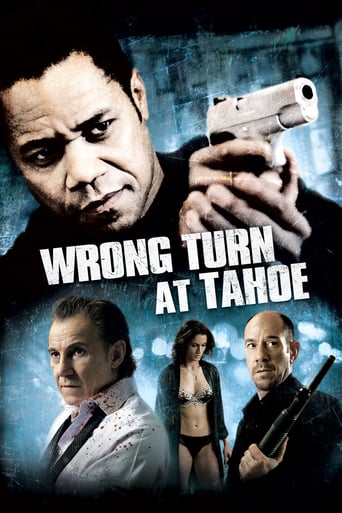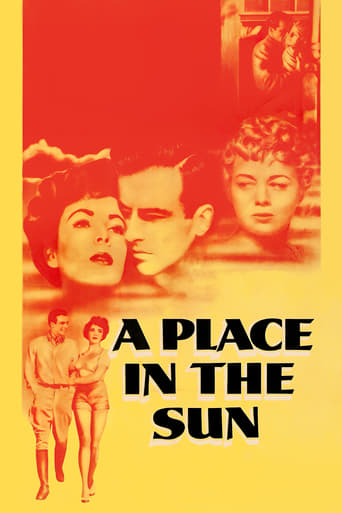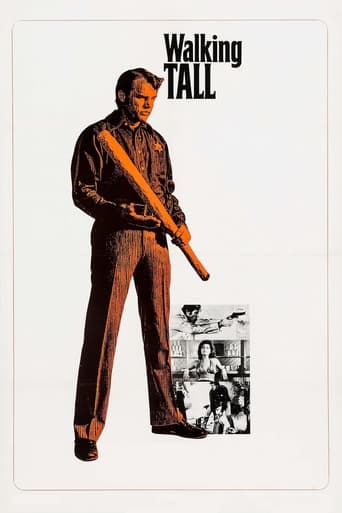Yojimbo (1961)
A nameless ronin, or samurai with no master, enters a small village in feudal Japan where two rival businessmen are struggling for control of the local gambling trade. Taking the name Sanjuro Kuwabatake, the ronin convinces both silk merchant Tazaemon and sake merchant Tokuemon to hire him as a personal bodyguard, then artfully sets in motion a full-scale gang war between the two ambitious and unscrupulous men.
Watch Trailer
Free Trial Channels
Cast


Similar titles
Reviews
Very well executed
Far from Perfect, Far from Terrible
Although it has its amusing moments, in eneral the plot does not convince.
It’s fine. It's literally the definition of a fine movie. You’ve seen it before, you know every beat and outcome before the characters even do. Only question is how much escapism you’re looking for.
Very few men are cooler than Clint Eastwood, Toshiro Mifune is one of them. And very few directors can build up scene like Akira Kurosawa, Sergio Leone is not one of them (pretty close though). 'Yojimbo' is a film that is imitated (or remade) many times, but never as cleverly. It is not simple samurai action piece, but it actually explores much philosophical themes. Toshiro Mifune is a samurai who travels around the country until he reaches into town that is ruled by two rival families. The samurai sees the situation as an easy way to make some money, as he pours more fuel into the fire with doing small deeds to both families. Although we learn that the samurai is not only greedy swordsman, but his real motivations can be interpreted many ways by the end of the film. 'Yojimbo' might not be Kurosawa's best (I guess it can be debated) or deepest, but it's definitely his most entertaining ones.
In 1860, during the final years of the Tokugawa shogunate,a rōnin (masterless samurai) wanders through a desolate Japanese countryside. While stopping at a farmhouse, he overhears an elderly couple lamenting that their only son has given up farm labouring in order to run off and join the rogues who have descended on a nearby town that has become divided by a gang war. The stranger heads to the town where he meets the owner of a small Izakaya who advises him to leave. He tells the rōnin that the two warring clans are led by Ushitora and Seibei. The silk merchant and mayor back Seibei while the sake brewer is allied with Ushitora. But after sizing up the situation, the stranger says he intends to stay as the town would be better off with both sides dead.
The opening credits are overlaid on the back of a samurai's head, and his feet, ragged sandals and all. Close-ups that give little indication of where he is going, until a dog turns up with a human hand and a father and son quarrel on giving up a boring life for high stakes gambling and fighting. He observes, even as he is momentarily pushed out of frame - he adjusts his shoulders, scratches his head, and continues on in his worn out clothes, clearly signalling that the time of the samurai is coming to an end. The violin is foreboding and in mourning. Some versions will insert ugly English captions over this sequence, but Kurosawa is not one of those directors that needs this sort of aide. Slowly and surely, we begin to understand this rōnin, this master-less warrior, the lonely wanderer of the western. He continues this facade as he enters the town. As he first encounters Ushitora's band of mercenaries, he is surrounded and buffeted by both background and foreground, and the mass of bodies and that gigantic hammer dwarfs him. Later, as he effortlessly cuts down three of them and establishes his ability, they eye each other on equal grounding. He makes a quip towards the casket maker that rivals Harmonica's about horses. He then walks with the same walk as he opened with, but which now carries an air of dominance and dismissiveness that he rides for much of the film. And the two sides react appropriately; they slobber over him, shower him with gifts and offers in hope of his allegiance. Kurosawa makes the two sides distinct. The town is conveniently aligned much like the prototype western settlement, with a runway down the middle for those dramatic confrontations. To the side, innocents peep out from behind shutters and bars, too frightened and held hostage by the warring factions in their little village. There are some immaculately detailed shots that layer several perspectives in their deep focus; the worrying father, the conceding mother, Sanjuro musing. There is a genius segment in the inn, where Sanjuro observes the conflict from all perspectives. First he physically separates the two sides of the frame from the centre, as Inochicki goads the casket maker and he thinks on his approach. Then, he tracks and follows the band of thugs through the windows, and then finally unveils both sides and their various allegiances. Gonji, the inn owner, provides running commentary, but it is the power of Kurosawa's images and compositions that stand on their own. He cackles from high above on the bell tower, as the two sides inch towards each other and struggle to commit the opening blow. The other character who is unafraid of action and bloodshed is the snake-eyed Unosuke, in one of Tatsuya Nakadai's finest performances (perhaps second only to his gaunt King Lear in Ran). His eyes are bottomless pits of black that gleam with anticipation of violence, matching his devilish smile. He brandishes the deadliest weapon in the film, a little metal gun that signifies the coming age and the death of the sword, and unleashes it without hesitation. In the finale, Sanjuro seems to recognise this defeat even within his victory, and offers a surrender to a gun that may or may not be loaded. Opposing these pure moments of drama are the scenes that seem to make up the dark comedy aspect of Yojimbo. These meld less seamlessly than Kurosawa might have liked. There is the oafish, heavy-set Inochicki with the monobrow and not an ounce of brains who hurries from fight to fight. The constable Hansuke giggles and scurries like a scared little rat, if only to further the illusion of a town in chaos and disorder. And in one peculiar moment, a weak Sanjuro makes his escape in a casket, but then insists on being let down in order watch the Seibei house be burnt down because it "sounds interesting".But what comes after that is so magnificent. A hanging corpse in the foreground forces the eyes to the stumbling, beaten figure that stands in the midst of billowing smoke and ash (so powerful that Leone would later mirror this same exact shot, among others). One man versus a gang, slowly shuffling towards each other as the cymbals and hi-hat provide an eerie rhythmic tension that would not be out of place in a Morricone score. There is no longer the sense of swagger and otherworldly strength that Sanjuro and the samurai of the old possessed, even as he dispatches the group...but there is a message for the fleeing trembling boy, that seems to echo a sentiment from the beginning of the film. The age of heroics is over, the gun is here...and those who cannot bear to take part in the coming massacres best run home to mommy.
The movie is indeed a gem as it has great strengths. The story is so strong that it develops nicely over the fast paced flow. I really enjoy how the story develops and unravels with its twists and turns. The characters are also well developed as they unravel in time, revealing multiple layers of themselves and possibly changing audiences' view toward them. The directing is a great job since the movie successfully maximizes utilization on just a few sets to tell a great story like this. The bits of action sequences are also well directed, despite the lack of technology for that time. The acting is also quite nice, particularly Toshiro Mifune. His character is nicely portrayed that the layers of the character's true intention gets peeled well.

